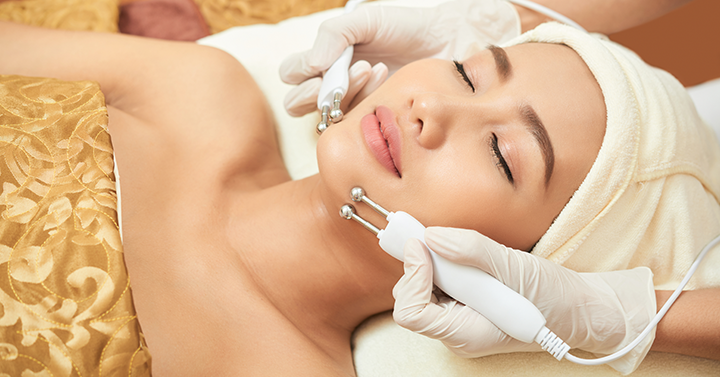The National Medical Products Administration in China issued four new regulations to rule out counterfeit products and unqualified institutions from the professional skin care market. As these policies came into play, the medical care providers channel witnessed a strong double-digit growth of more than 27% in 2021, according to our Professional Skin Care Global Series report. The new policies regulate the industry from a product’s life cycle perspective, including the process of production, operation, circulation, and advertising; however, they catered to a limited expansion of brands, such as Winona, that focus on public hospitals.
Brands in China need to have either a cosmetic certificate or a medical device certificate to be able to distribute their professional skin care products through the medical care providers channel. Brands with a cosmetic certificate can distribute their products only through private hospitals/clinics, while those with a medical device certificate can distribute through both private and public hospitals. Most international brands will be confined to private clinics/hospitals based on the current regulations as they only have a cosmetic certificate; therefore, the market is likely to see more private clinics/hospitals starting to dispense skin care products.
One-stop shops/outlets that offer all kinds of products and treatments—including facials, massages, hair care, nail care, and non-surgical procedures—are emerging as a key outlet type in the Chinese market. Currently, Chlitina, the leading beauty institute brand in China, offers these services through its outlets. In the medical care providers channel, skin management centers are gaining popularity, as these outlets offer both medical aesthetics and traditional beauty services—ranging from basic facial and body care services, which are mainly performed at traditional beauty institutes and spas, to non-invasive aesthetic procedures, such as microneedling treatment and laser-based procedures. In the retail channel, a growing number of cosmetic stores are providing back-bar services by offering back-bar cabins, which usually perform short-course treatments for consumers to have a thorough experience with their products/treatments/devices.
The professional skin care market undergoes significant changes this year with new trends and developments. The Chine volume of our Professional Skin Care Global Series report will be available next month and will provide detailed insights into these new regulations and their impact on the professional skin care market.

